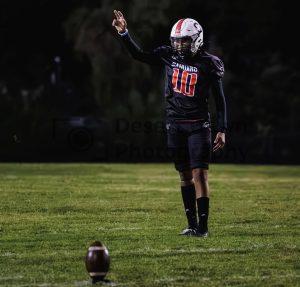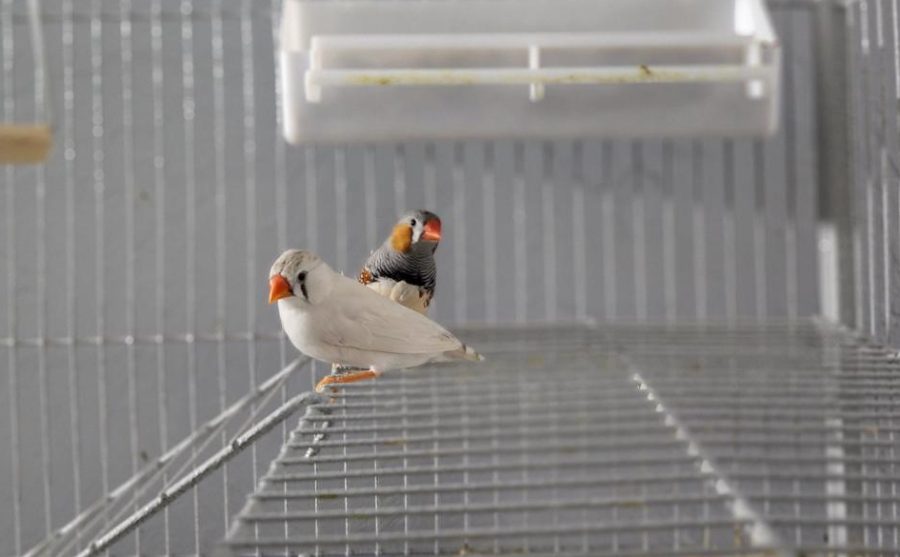Zebra Finches: Care and Training
August 29, 2022
 Zebra Finches, originally found in Central Australia, make amazing companions. They are considered extremely flighty and talkative, but do have amazing personalities. Usually weighing around 0.42 ounces, these small birds can still eat a lot, just about one teaspoon per finch.
Zebra Finches, originally found in Central Australia, make amazing companions. They are considered extremely flighty and talkative, but do have amazing personalities. Usually weighing around 0.42 ounces, these small birds can still eat a lot, just about one teaspoon per finch.
For over 100 years, Zebra Finches have been the most popular caged bird to be found. Despite their small size, however, they do require a large cage size, with the bare minimum for a pair (2 finches) to be 30 inches long, 18 inches high, and 18 inches wide. When adding more finches to a cage, it is extremely important to ensure that the cage is big enough for the number of birds. They are also one of the fastest maturing birds, and are even ready to mate at the young age of 80 days.
Their diet is complex, including not only seeds daily, but also vitamins in their water daily, fruits and vegetables at least 4 days a week, treats once a week, and even insects as often as possible. These birds have such a high metabolism, that it is extremely important to ensure that they always have food. Going even 24 hours without food can bring the bird into starvation mode.
When training finches, you need to have lots of patience, and enough time on your hands. A lot of people begin training birds by allowing their hand to rest inside of the cage in order to grow on the bird and present yourself as less of threat (this, however, is more common when attempting to train a fully grown bird). Typically, training a finch as a chick is the easiest thing to do, because as they grow up they do have a flighty nature, and it can be extremely difficult to gain their trust. Now, assuming you begin when the finch is a chick, it’s simple. Hold the chick, maybe feed it (you can take a medicine syringe with baby chick food in it, and feed it that way), and just try to bond with the chick in any way you can. As the chick grows up, you should notice the amount of trust in you also grows.
However, it must be noted that finches are absolutely not like parrots. When training them, they will learn to do things differently, and may not be as well trained. You can train them to fly to you, to stay with you, eat from your hand, and just chill out with you, however, unlike parrots, they will not be as fond of others, and may not want to be handled as often. This doesn’t mean you’re doing something wrong, it really is just the nature of the bird.











